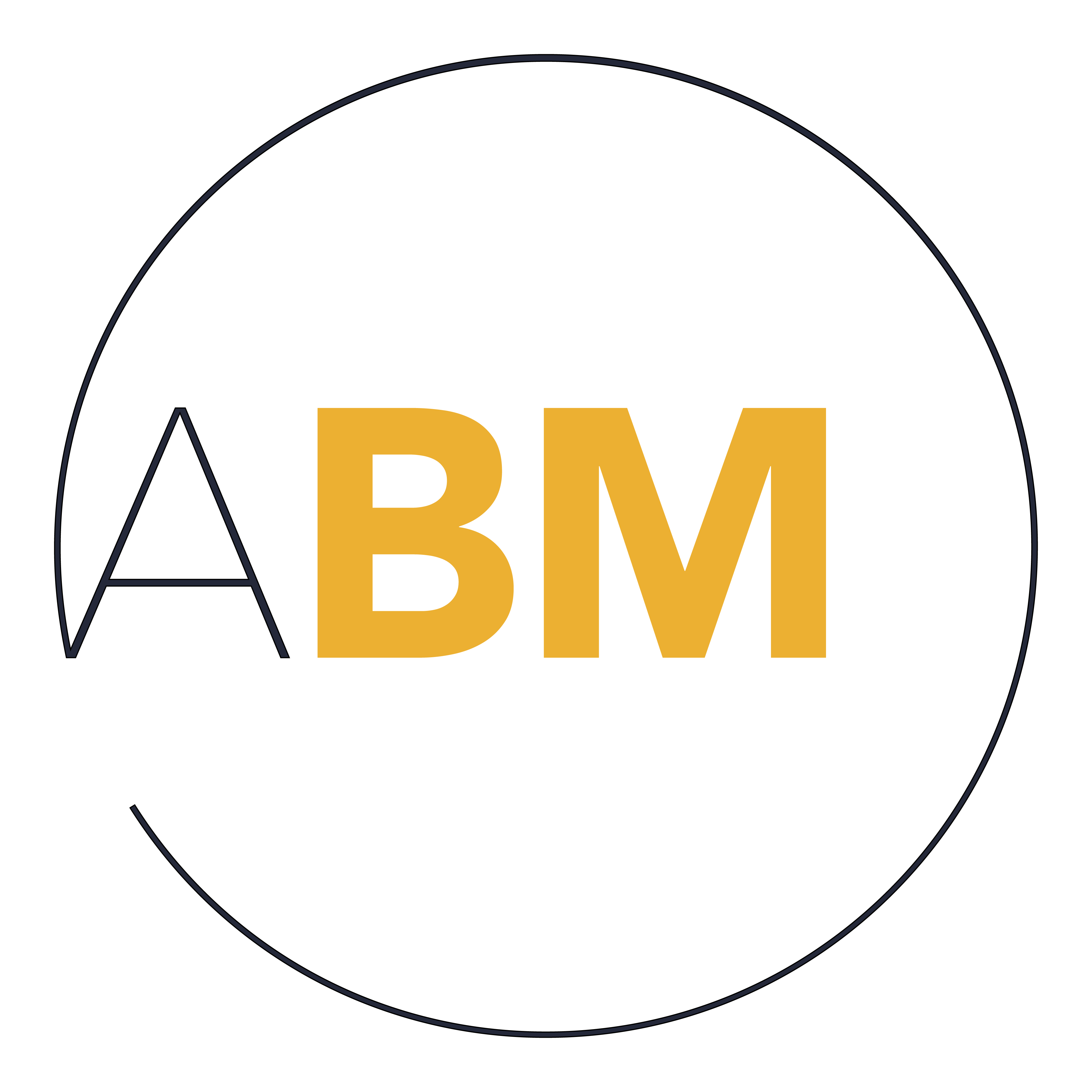An analysis that is missing half the equation
I was pleased to see Melissa Bartick’s effort to appraise US policy-makers of the economic costs of suboptimal breastfeeding. However, any analysis that is missing the effects of lactation on maternal health will grossly underestimate the true costs to the US of suboptimal breastfeeding.
As the 2007 AHRQ report stated, “a history of lactation was associated with a reduced risk of type 2 diabetes, breast, and ovarian cancer” for mothers. In addition, over the last 3 years, considerable evidence has accumulated showing that lactation also has important effects on maternal risk of hypertension, hyperlipidemia, and cardiovascular disease (PMID: 19110223; PMID: 19384111; PMID: 20027032), the leading cause of death for US women.
According to the American Heart Association, the cost of cardiovascular diseases and stroke in the United States in 2009 is estimated to be $475.3 billion (http://www.americanheart.org/presenter.jhtml?identifier=4475)
According to the American Diabetes Association the US spent $116 billion in direct medical costs and another $58 billion for the costs of disability, work loss, and premature mortality for folks with diabetes (http://www.diabetes.org/diabetes-basics/diabetes-statistics/)
Diabetes and cardiovascular disease are big, costly diseases that affect a lot of US women, and more commonly affect women who don’t breastfeed, SO, while Bartick and colleagues did a nice job summarizing the costs for infants of not being breastfed, we really can’t afford to ignore the other half of the equation. Breastfeeding is important to the health of both mothers and children.
Eleanor Schwarz, MD, MS, is a physician and researcher with the Departments of Medicine, Epidemiology, Obstetrics, Gynecology, and Reproductive Sciences, University of Pittsburgh, Center for Research on Health Care.



[…] An analysis that is missing half the equation I was pleased to see Melissa Bartick’s effort to appraise US policy-makers of the economic costs of suboptimal breastfeeding. However, any analysis that is missing the effects of lactation on maternal health will grossly underestimate the true costs to the US of suboptimal breastfeeding. var addthis_language = 'en'; Cancel reply […]
What about the maternal health impact of suboptimal breastfeeding.?
April 9, 2010 at 8:36 am
I think the difficulty in assessing this half of the equation is that it’s easy to say that it’s reasonable for 90% of babies to receive exclusively breastmilk for the first six months of life; however, 100% of babies must be fed. Less than 100% of women have an opportunity to breastfeed, however, and it’s difficult to determine what percentage of *future* women will have that opportunity.
Monica Waggoner
April 9, 2010 at 5:10 pm
The large majority of mothers do have the opportunity to breastfeed. A woman’s risk of diabetes and heart disease goes up if she delivers a baby but does not breastfeed it. Women who never become pregnant do not face this increased risk of diabetes and heart disease.
EBS, MD, MS
April 9, 2010 at 8:34 pm
Links and/or journal citations please? Not being argumentative, working on a research proposal (want to study ways to improve breastfeeding initiation and duration in low-income mothers) – I know I’ve read about these benefits (or, more realistically, avoidance of risks) before but I can’t remember where and can’t find them readily in my searching.
Ahmie
April 10, 2010 at 5:59 pm
requested reference sent by email
EBS, MD, MS
April 10, 2010 at 8:13 pm
[…] This post was mentioned on Twitter by Crunchy Nurse. Crunchy Nurse said: Costs of suboptimal breastfeeding in the US, an analysis that is missing half the equation http://bit.ly/bCW9ad […]
Tweets that mention An analysis that is missing half the equation « Breastfeeding Medicine -- Topsy.com
April 10, 2010 at 9:06 pm